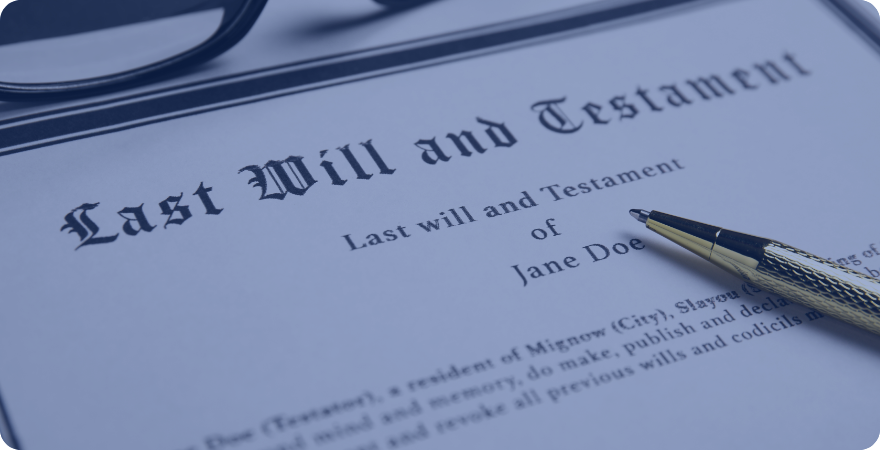A recent legal dispute over a will has underlined the urgent need for the modernisation of law around inheritance, and the introduction of electronic signing and remote witnessing to safeguard these important documents.
Today’s Wills and Probate recently reported how a son has successfully challenged the validity of his late mother’s £700,000 will.
Video evidence played in court showed the man’s sister placing a pen in their dying mother’s hand and physically moving it to sign over her entire estate.
The judge in the case ruled that the will was invalid, and that the mother’s hand had been physically manipulated to sign the document.
The case demonstrates how using video evidence alongside robust electronic signatures can be used to prove the validity of wills.
Here at Videosign, we believe a change in the law around signing wills is long overdue.
Fortunately, a draft bill due for publication in April could be about to drag will-making out of the dark ages.
Wills remain one of the few legal documents still required by law to be signed in pen and ink in the UK.
In England and Wales, the signing and witnessing of these important documents must follow the requirements of the Wills Act 1837.
This law, enacted the year Queen Victoria ascended to the throne, requires a witness to have a ‘clear line of sight’ of the will-maker signing, meaning that use of video conferencing is not allowed.
This rule was relaxed during the Covid-19 pandemic due to an increase in the number of people seeking to make wills.
Social distancing rules, shielding and self-isolation made it difficult for people to meet the normal legal requirement for their will to be witnessed in person by two people, so the government introduced a temporary amendment to the law allowing wills to be witnessed via the virtual presence of a video link instead of in person.
This amendment expired in early 2024, meaning a return to in-person witnessing of wills.
Debate about shifting to electronic wills has been rumbling on for some time. A review conducted in 2017 concluded that the case for making and storing wills electronically was ‘novel’ and that the time was not right to introduce changes.
A second consultation conducted in 2023 took into account rapid advances in digital signing technology and the temporary changes introduced during the pandemic and concluded that the question is now “how and when bespoke requirements for electronic wills should be introduced”.
The view here at Videosign is that the time is right for a change in the law.
See some of our previous posts on the laws around will-making:
- Reforms to UK law on signing of wills should be a priority for our next government
- It’s time for wills and probate to catch up with digital developments
- Will-making is about to go back in time to 1837
We believe that signing and witnessing via video conferencing – when done properly – provides an unprecedented level of proof and assurance that a will is genuine in every way.
Changes introduced during the pandemic, although temporary, provided a valuable demonstration that signing a will electronically works.
Virtual witnessing via Videosign offers the highest level of assurance, with a recording of the signing and witnessing taking place, and other security information such as date stamps and IP addresses recorded.
There is even the option to use AI tools to verify the identity of all parties to provide extremely robust evidence that a will is genuine.
In April 2025, the Law Commission is due to publish a final report and draft bill based on analysis of its 2023 consultation.
We eagerly await publication of the bill, and hope that recommendations to parliament will include permanent adoption of electronic wills.
Digital signatures and video evidence have the power to add transparency to the will-making process and dramatically reduce probate disputes – it’s time for the law to catch up and embrace the simplicity, convenience and security that electronic wills can offer.

